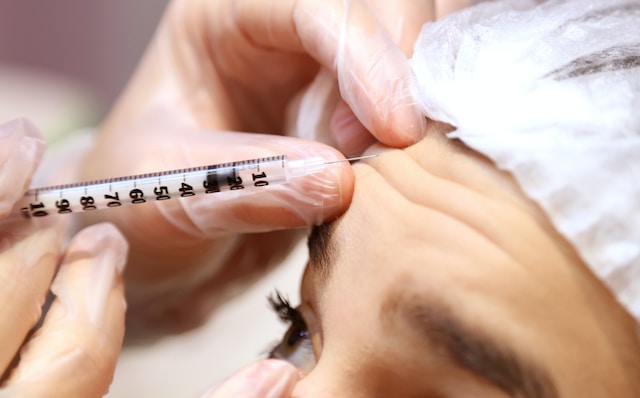Introduction: Botox, a popular cosmetic treatment, has gained widespread use for its ability to reduce wrinkles and fine lines. However, there is growing concern about whether Botox may have negative effects on both the body and mind. This article aims to explore the potential risks associated with Botox and its impact on overall well-being.
The Purpose and Mechanism of Botox: Botox is derived from the bacterium Clostridium botulinum and works by temporarily paralyzing muscles. When injected into specific areas, it inhibits the release of acetylcholine, a neurotransmitter responsible for muscle contractions. This leads to smoother skin and reduced appearance of wrinkles.
Physical Risks and Concerns:
- Muscle Weakness and Atrophy: Botox temporarily weakens the injected muscles, which may lead to muscle atrophy over time. Prolonged use or excessive doses of Botox may result in muscle wasting, potentially affecting muscle function and strength.
- Impaired Facial Expressions: Botox can restrict facial muscle movement, affecting natural expressions. This may contribute to difficulties in conveying emotions, potentially impacting interpersonal interactions and social connections.
- Unintended Effects: Botox injections can sometimes spread to neighboring muscles, causing unintended effects such as drooping eyelids, asymmetrical facial features, or changes in speech patterns. These effects can negatively impact self-esteem and body image.
Psychological and Emotional Considerations:
- Emotional Expression: Facial expressions play a crucial role in emotional expression and communication. Botox’s impact on muscle movement may diminish the ability to express emotions authentically, potentially affecting personal relationships and emotional well-being.
- Body Image and Self-Esteem: Botox treatments, while intended to improve appearance, may inadvertently contribute to body image issues and self-esteem concerns. Unrealistic beauty standards and a reliance on external interventions for self-worth can negatively affect mental health.
- Psychological Dependency: In some cases, individuals may develop a psychological dependency on Botox treatments. The desire to maintain a youthful appearance and fear of aging can lead to compulsive behavior and an unhealthy reliance on repeated injections.
Ethical Considerations:
- Informed Consent: It is essential that individuals considering Botox treatments receive comprehensive information about potential risks and benefits. Informed consent should include discussions about the impact on physical and mental well-being to ensure individuals can make informed decisions.
- Societal Pressures: The pervasive influence of societal beauty standards can create pressure to conform, leading individuals to seek cosmetic treatments like Botox. Recognizing and challenging these pressures is crucial for promoting a healthy body image and mental well-being.
Conclusion: While Botox is widely used for cosmetic purposes, it is important to consider the potential risks and impact on both the body and mind. Muscle weakness, impaired facial expressions, emotional expression limitations, and psychological considerations are among the concerns associated with Botox. Open and honest discussions with qualified professionals, exploring alternative approaches to aging, and promoting self-acceptance are key factors in making informed decisions about cosmetic treatments. Prioritizing holistic well-being, including mental health, is essential for maintaining a healthy body and mind.




